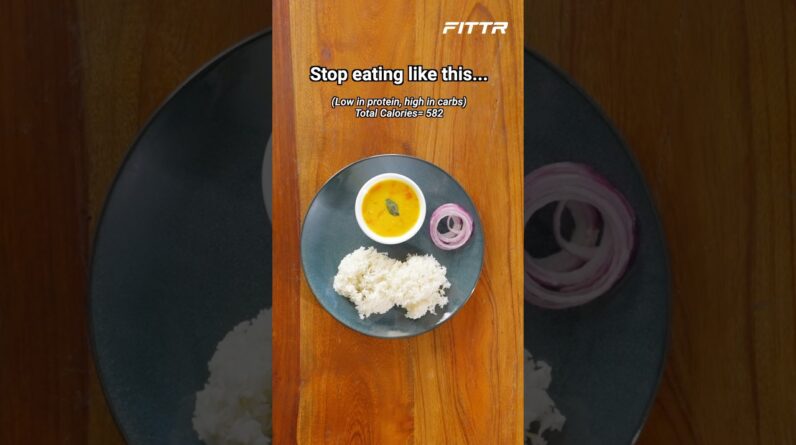
Boost Your Post-Workout Nutrition: Fuel Your Body for Optimal Recovery
The Importance of Post-Workout Nutrition
After an intense workout session, your body needs proper nutrition to recover and repair. Post-workout nutrition plays a crucial role in replenishing energy stores, repairing damaged muscle tissue, and optimizing recovery.
Refuel with Carbohydrates
Carbohydrates are the primary source of energy for your body. Consuming carbohydrates after a workout helps replenish glycogen stores, which are depleted during exercise. Opt for complex carbohydrates like whole grains, fruits, and vegetables as they provide essential vitamins, minerals, and fiber along with energy.
Rebuild with Protein
Protein is essential for muscle repair and growth. Including a protein source in your post-workout meal or snack helps stimulate muscle protein synthesis. Lean sources of protein such as chicken, fish, tofu, or Greek yogurt are excellent choices. If you prefer plant-based options, consider incorporating beans, lentils, quinoa, or pea protein powder into your diet.
Rehydrate with Fluids
During exercise, your body loses fluids through sweat, and it’s crucial to replenish them after your workout. Water is generally sufficient for most individuals. However, if you’ve engaged in an intense or prolonged workout, consider consuming a sports drink that contains electrolytes to restore the electrolyte balance in your body.
Replenish Electrolytes
Electrolytes, such as sodium, potassium, magnesium, and calcium, are minerals that help maintain proper fluid balance and facilitate muscle function. Including foods rich in electrolytes, such as bananas, leafy greens, nuts, and seeds, in your post-workout meal can aid in replenishing these vital minerals.
Recover with Antioxidants
Intense physical activity can lead to the production of free radicals, which may cause oxidative stress and damage to your cells. Consuming foods rich in antioxidants, such as berries, dark chocolate, spinach, and green tea, can help neutralize free radicals and support post-workout recovery.
Timing Matters
The timing of your post-workout meal or snack is essential for optimal recovery. Aim to consume a balanced meal within 1-2 hours after your workout. This timeframe allows your body to take advantage of the increased insulin sensitivity and nutrient uptake that occurs post-exercise.
Considerations for Different Types of Exercise
The type and intensity of your exercise can influence your post-workout nutrition needs:
Aerobic Exercise:
After aerobic exercise like running or cycling, focus on replenishing carbohydrates to restore glycogen stores. Include lean proteins and fluids to aid in muscle repair and rehydration.
Strength Training:
Strength training exercises cause micro-tears in muscle fibers. Prioritize protein intake to support muscle repair and growth. Combining carbohydrates with protein can further enhance recovery.
High-Intensity Interval Training (HIIT):
HIIT workouts challenge both aerobic and anaerobic systems. Replenish carbohydrates and protein to support energy restoration and muscle repair.
Personalize Your Post-Workout Nutrition
While general guidelines can be helpful, it’s essential to listen to your body and personalize your post-workout nutrition based on your specific needs and goals. Factors such as age, gender, body composition, and overall health should be taken into account when determining your ideal post-workout meal or snack.
Conclusion
Boosting your post-workout nutrition is crucial for optimal recovery and performance. Prioritizing carbohydrates, protein, fluids, electrolytes, and antioxidants in your post-workout meals or snacks can help replenish energy stores, repair muscle tissue, and support overall recovery. Remember to consider the type and intensity of your exercise when tailoring your post-workout nutrition and always listen to your body’s unique needs.







